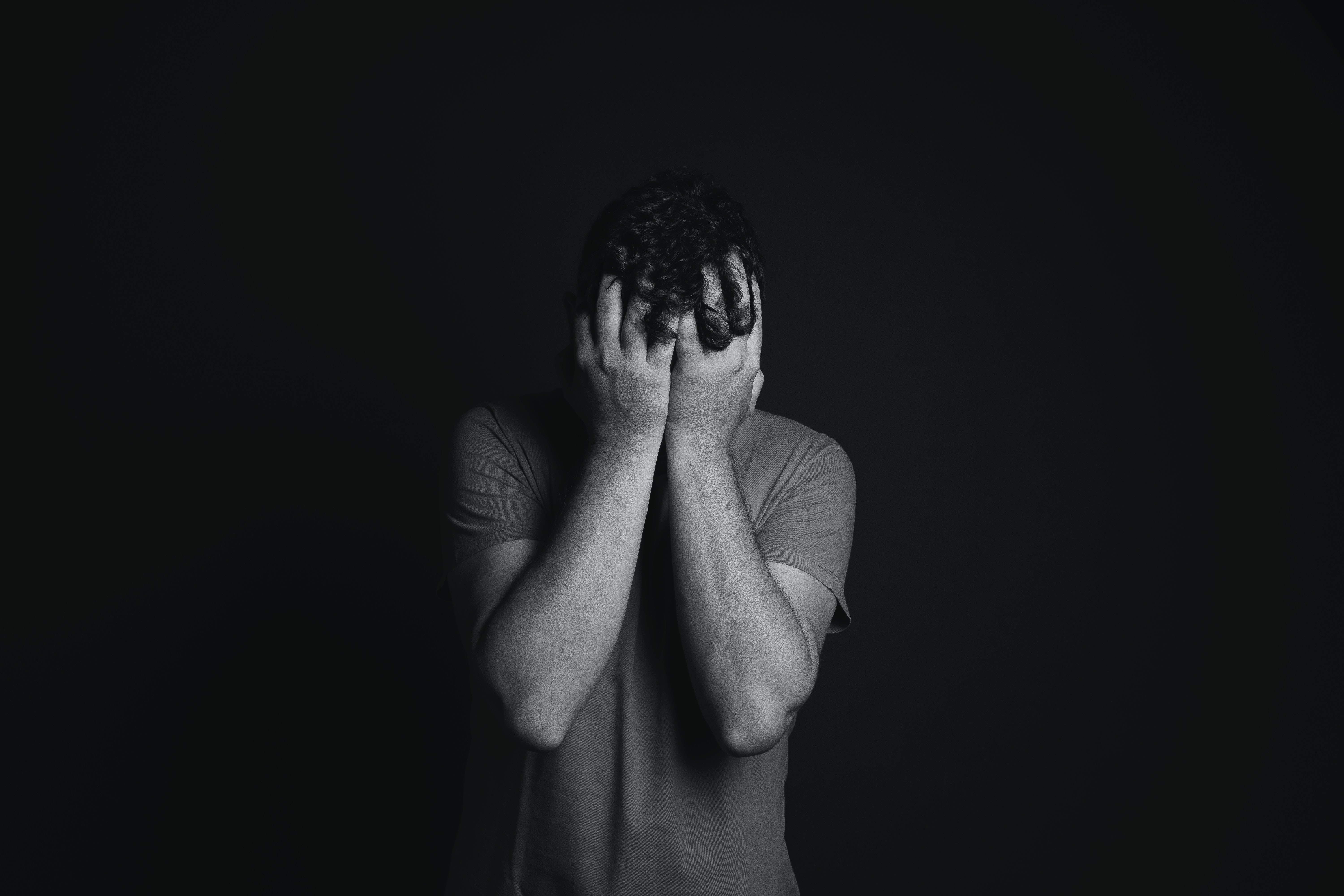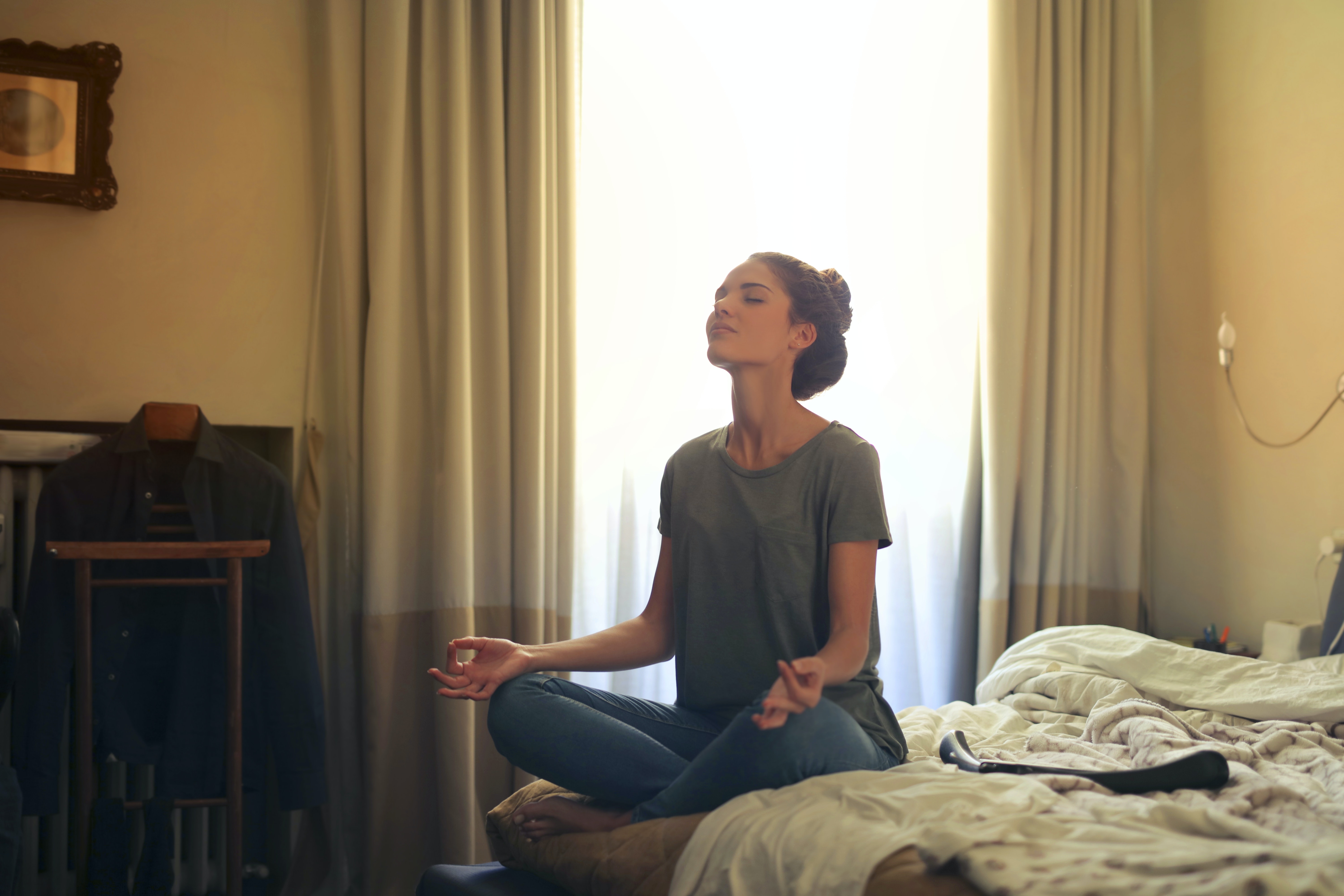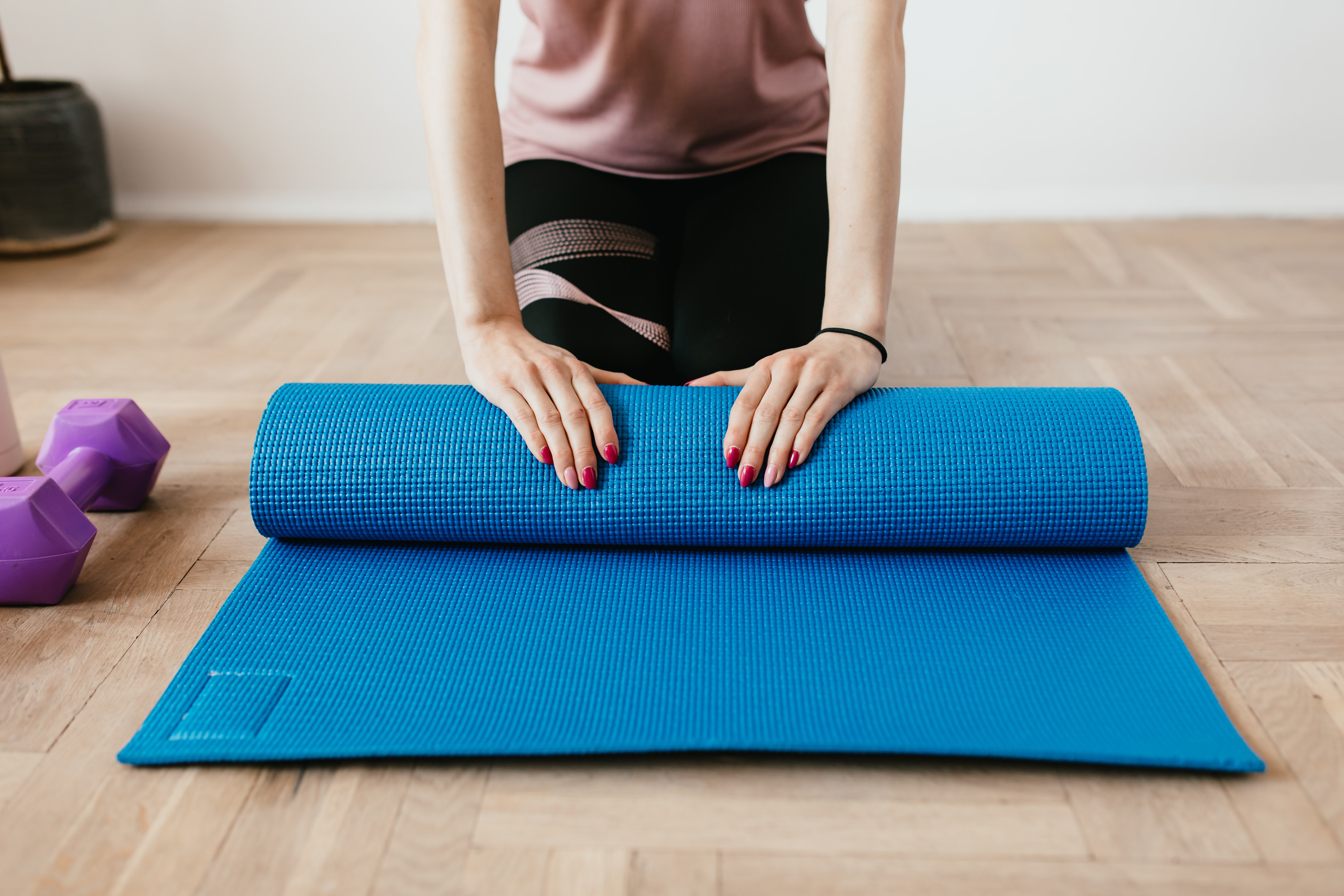2020 has certainly been a difficult year on many levels. The Canadian Mental Health Association predicted early on that the COVID-19 pandemic would result in an “echo pandemic” of mental health issues and unfortunately, that has proven all too true. People are concerned about their own health and that of their loved ones. They are anxious about school or work, their finances, their ability to participate in community and social events and other important parts of their lives.

Photo by Daniel Reche from Pexels
Long term anxiety such as is being experienced during the COVID-19 pandemic can cause serious mental and physical consequences. It can be difficult to relax and get proper sleep. Eating habits can also be affected. Who hasn’t indulged in a little bit of comfort eating? There are also serious concerns about the increase in substance use as people try to deal with their stress. All these things can take a huge toll on both our physical and mental health. During times such as this, it is critically important to take care of ourselves by leaning on social supports, trying to get enough sleep, eating healthy foods and exercising and engaging in enjoyable activities. We all know that exercise is good for our physical health, but it is also known to boost mood, improve sleep and help you deal with stress, anxiety, depression and more. People who exercise regularly tend to do it because it gives a sense of well-being. The good news is that you don’t have to be a super athletic individual to see the benefits. Research is showing that even modest amount of exercise can make a real difference no matter or fitness level or your age.
A recent study done at the Harvard T.H. Chan School of Public Health found that running for 15 minutes a day, or walking for an hour, reduces the risk of major depression by 26%. Exercise promotes changes in our brains including neural growth, reduced inflammation and feelings of calm and well-being. It releases those “feel good hormones,” endorphins, that energize you and make you feel good. Exercise can also provide a distraction that allows us time to break out of our negative thought cycles.
Exercise relieves tension and stress, boosts physical and mental energy and releases endorphins that fight anxiety. If you add a mindfulness element – really focus on your breathing, how your body feels as you exercise, sights and sounds around you – it will help to interrupt the flow of constant worries that get stuck in our head.

Photo by Andrew Piacquadio from Pexels
When we are under a lot of stress our muscles become tense (especially face, neck and shoulders) and this can bring on back or neck pain and headaches. Prolonged stress can also cause physical symptoms such as tightness in the chest, rapid pulse, muscle cramps, sleeplessness, heartburn, etc. These symptoms in turn lead to more stress – a vicious cycle. Exercise can be an effective way to break this cycle. It helps relax those muscles and the endorphins produced as a result of physical activity can bring on a feeling of calm. Our bodies and minds are very closely linked and when one part feels better, the other does as well.
Research has also shown that exercise can sharpen our memory and thinking ability. It can foster a sense of self-worth. It can give us more energy and build stronger resilience to the stressors of everyday life. It also gives us healthy ways of coping instead of resorting to negative behaviours. Regular exercise can also help boost your immune system and that is a great thing during a pandemic.
The good news is that you don’t need to devote many hours out of your busy day to go to a gym or to run a marathon. Even modest amounts of exercise several times a week can provide real benefits. It can even be as little as 10 to 15 minute sessions a few times a week. When you start, don’t feel you need to push yourself to exhaustion. Listen to your body. If you need to take a break after 5 or 10 minutes, that’s okay. The more you exercise, the more energy you will build and you will gradually be able to increase the amount. If you keep at it, it becomes a habit and the benefits will start to pay off.

Photo by Karolina Grabowska from Pexels
Even when we know exercise is going to help us feel better, sometimes it’s really hard to get motivated -- even more so when you are struggling with a mental health issue. Depression can make people feel too tired to make the effort, but the truth is physical exercise will actually increase energy levels. Start small and build up what you can do. Life today can make us feel overwhelmed and exercise can feel like just one more thing we have to fit in our day. Make a little bit of physical activity a priority each day and you will soon find ways to fit even tiny amounts into a busy day. Even the smallest fitness goals can help build self-esteem when they have been accomplished. Start small and set achievable goals. You can build from there. Focus on activities you enjoy. Things like gardening or tackling a home improvement project can be great ways to start moving. Not only will they help get you physically active, you will have a sense of purpose and accomplishment.
Make exercise a fun part of your everyday life and you will soon start to experience the mental health benefits as well as the physical ones.
For more information on the Canadian Mental Health Association (Saskatchewan Division) visit https://sk.cmha.ca/



